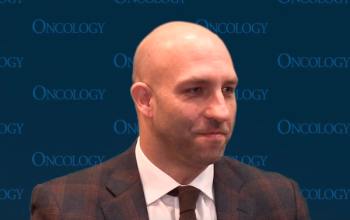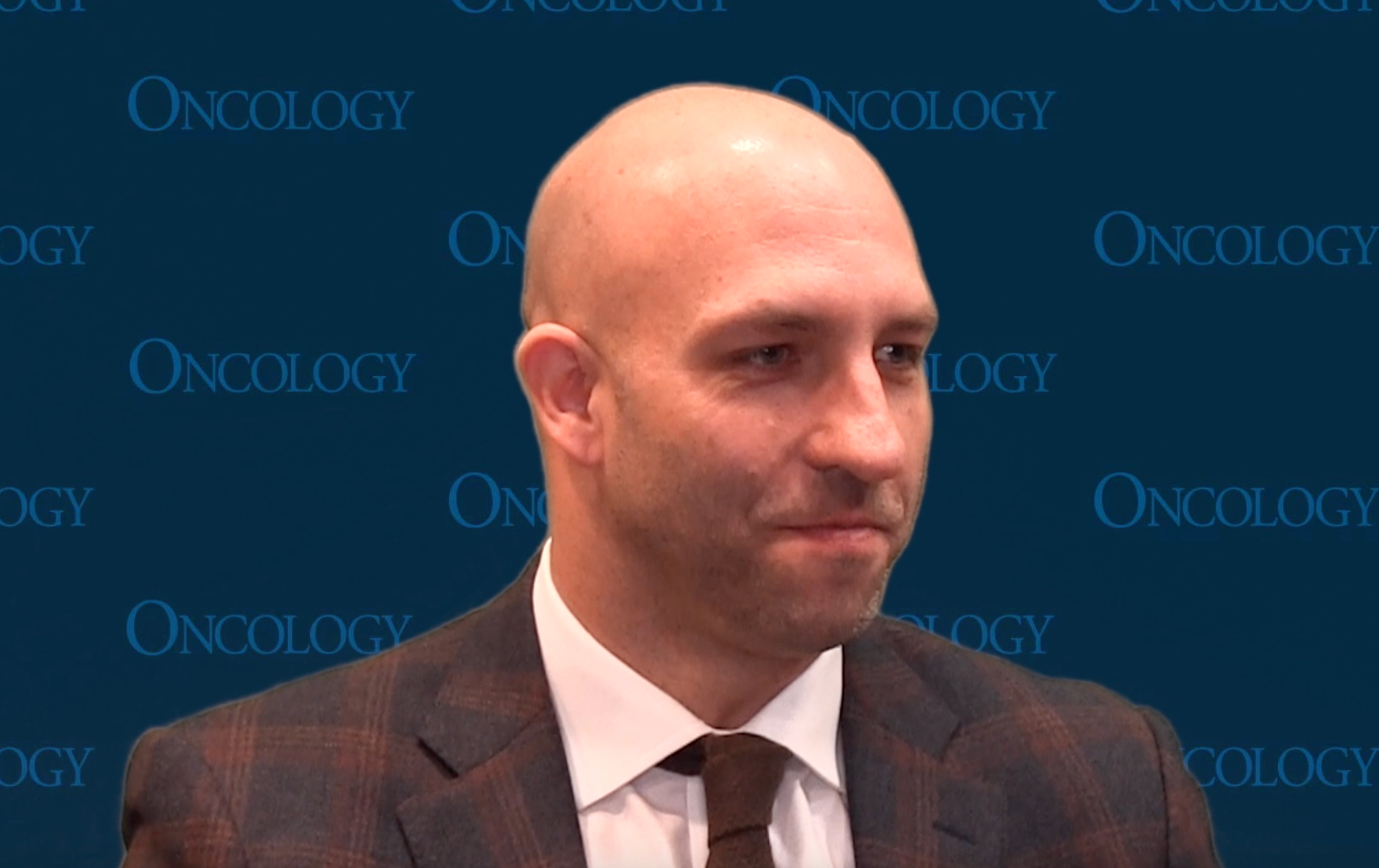
Pancreatic Cancer
Latest News
Latest Videos

CME Content
More News

An advanced computation linguistics model that can detect pancreatic cysts can help patients prevent pancreatic tumors from forming.

The incorporation of palliative care specific to mental health services and therapy remains underutilized in the care of patients with pancreatic cancer.

A nurse practitioner gives a closer look into the risk factors, diagnosis, adverse effects, and future treatments associated with pancreatic cancer.

The 18-month overall survival rate with the mitazalimab combination in OPTIMIZE-1 exceeds a historical rate achieved with FOLFIRINOX alone.

The updated Prescription Drug User Fee Act date for zenocutuzumab in these indications is February 4, 2025.

Study data show that no patient with a response required opioids after a 24-hour post-procedure follow-up.

Results from the CANFOUR trial of combining nadunolimab with chemotherapy appear to prolong overall survival among those with advanced or metastatic PDAC.

Regardless of type 2 diabetes status, pancreatic cancer risk was reduced with metabolic-bariatric surgery for patients who were obese.

Experts in gastrointestinal cancer focus on frontline therapy options for patients with pancreatic cancer.

Data from the interim analysis of the ACCENT trial showed promising signs of efficacy with narmafotinib combination therapy in advanced pancreatic cancer.

Research shows that patients with pancreatic ductal adenocarcinoma are frequently understaged prior to surgery.

Adding metastasis-free directed radiation to chemotherapy more than tripled progression-free survival vs chemotherapy alone in the EXTEND trial.

FDA acceptance is based on phase 3 CABINET trial results, with cabozantinib showing a PFS improvement in patients with pancreatic neuroendocrine tumors.

Experts from Vanderbilt Medical Center review mechanisms, supporting data, and patient cases associated with the use of IORT in pancreatic cancer.

The overall survival benefit seen with DOC1021 in a phase 1 trial of glioblastoma support the fast track status decision for the agent.


Milad Baradaran, PhD, DABR, outlines the design of Mobetron as an option for administering intraoperative radiation therapy in pancreatic cancer care.

More than half of the patients who received mitazalimab plus chemotherapy experienced an unconfirmed objective response in the phase 2 OPTIMIZE-1 study.

Longer survival rates were experienced by patients receiving chemotherapy both before and after surgery vs only after surgery.

Intraoperative radiation therapy may allow surgical and radiation oncologists to collaboratively visualize at-risk areas in patients with cancer.

Positive margin rates have not appeared to improve for patients with cancer undergoing surgical care based on several prior studies.

Data from a phase 1 trial may support the utility of IBI343 for patients with advanced pancreatic ductal adenocarcinoma.

Data from the phase 1/2 eNRGy trial support the biologics license application for zenocutuzumab in NRG1-positive NSCLC and PDAC.

Safety findings highlight no severe adverse effects or dose-limiting toxicities with the rintatolimod combination in late-stage pancreatic cancer.

The liquid biopsy combining miRNA and CA19-9 had the best validation rates for detecting pancreatic ductal adenocarcinoma.









































